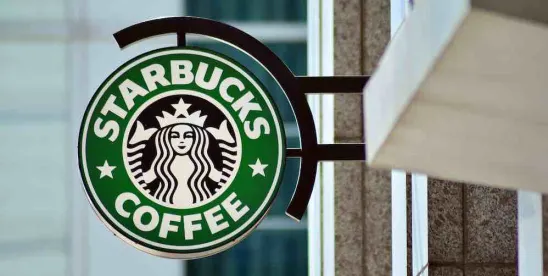On June 13, 2024, the U.S. Supreme Court ruled in Starbucks’ favor in Starbucks v. The National Labor Relations Board, holding that when seeking a Section 10(j) preliminary injunction under the National Labor Relations Act (NLRA), the National Labor Relations Board (NLRB or the “Board”) must satisfy the traditional four-factor test for a preliminary injunction.
By way of background, in 2020 several employees at a Starbucks in Memphis, Tennessee, announced plans to organize a union and invited local media to the store after hours to promote their union organizing effort. Starbucks investigated the media event and ultimately terminated several involved employees for violating company policy. The union, in coordination with the employees, filed unfair labor practice charges with the NLRB, alleging that Starbucks unlawfully interfered with the employees’ right to organize.
After issuing a complaint against Starbucks, the Board filed a Section 10(j) injunction petition in federal court, seeking a preliminary injunction requiring Starbucks to, among other things, reinstate the terminated employees. Section 10(j) of the NLRA grants the NLRB the authority to seek temporary relief (via a preliminary injunction) against an employer in federal court while an unfair labor practice charge is pending.
The Supreme Court was tasked with deciding whether the NLRB was required to satisfy a more lenient two-part test for a preliminary injunction (established by the U.S. Sixth Circuit Court of Appeals) or the traditional and stricter four-part test for a preliminary injunction (previously articulated by the Supreme Court and followed by other courts). The two-part test merely asks (1) whether there is reasonable cause to believe an unfair labor practice has occurred and (2) whether injunctive relief is just and proper.
The traditional four-part test, however, requires a party to make a clear showing that (1) he is likely to succeed on the merits, (2) that he is likely to suffer irreparable harm in the absence of preliminary relief, (3) that the balance of equities tips in his favor, and (4) that an injunction is in the public interest. In concluding that nothing in Section 10(j) displaces the presumption that the traditional preliminary injunction principals govern, the Supreme Court held that federal courts must use the traditional four-part test when evaluating the NLRB’s request for a Section 10(j) preliminary injunction.
Although the Supreme Court’s decision will make it more difficult for the NLRB to secure preliminary injunctions against employers, it does not mean the NLRB will not continue to pursue or successfully secure preliminary injunctions. The Board, however, must satisfy the same preliminary injunction standards as others seeking such temporary relief in court.




 />i
/>i

